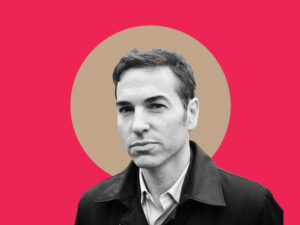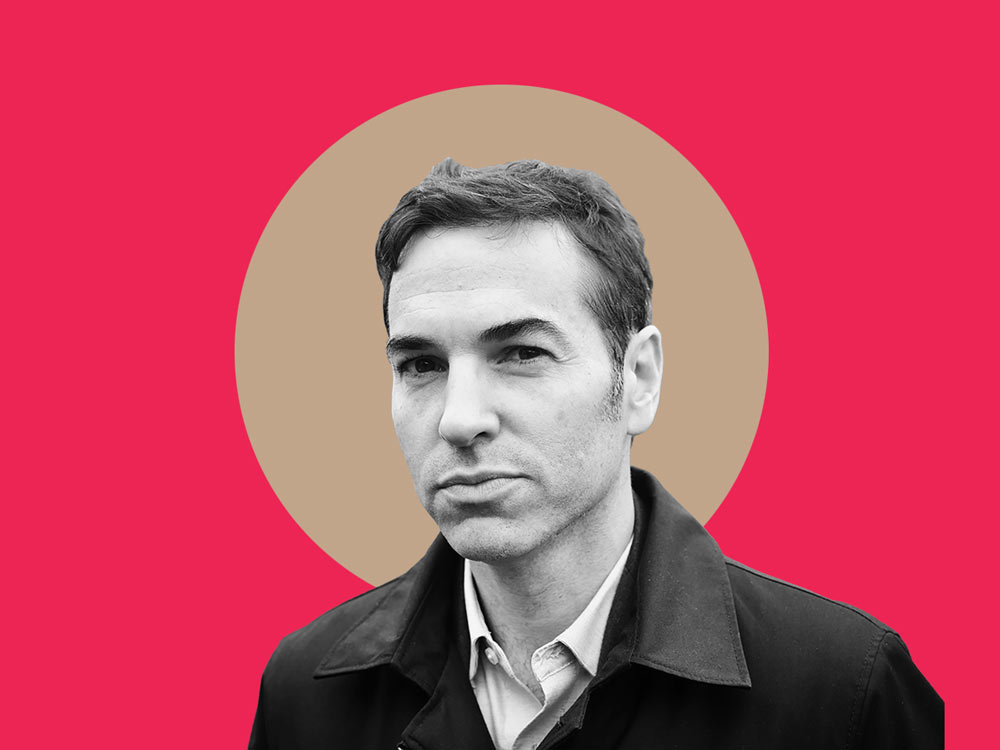If you want to do good in the world, Yale professor Paul Bloom has some hard questions for you. First, he’d ask you why you want to do good. “Do you want to feel good about yourself? Do you want to scratch that itch of empathy? Or do you want to make the world a better place? I’m optimistic enough to think that many of us want to make the world a better place,” he says. “And now we have to engage in a very difficult problem of exactly how to do so.”
Bloom tackles the complexities of doing good in his new book, Against Empathy: The Case for Rational Compassion. At first glance, the title may seem callous but Bloom makes clear that he is against a very particular kind of empathy: feeling the pain and suffering of others. He argues that this kind of empathy can cause us to make short-sighted and even biased decisions. “What empathy does, is it zooms you in on an individual,” he says. “We find ourselves in weird situations where we care a lot more about one specified person, one identifiable victim, than we care about a thousand people who are in the same situation.”
In this podcast, Bloom talks about why empathy is linked to prejudice and why the “biases and messiness of empathy” get in the way of genuine problem-solving. He says the solution is to apply principles of justice and fairness but not to “go through the exercise of trying to get in the heads of people and feeling their pain.”
Additional Resources:
Paul Bloom’s book: Against Empathy
Kirkus review
Paul Bloom in the Wall Street Journal: The Perils of Empathy
Sign up for our free newsletters
Subscribe to NPQ's newsletters to have our top stories delivered directly to your inbox.
By signing up, you agree to our privacy policy and terms of use, and to receive messages from NPQ and our partners.
Paul Bloom in The New Yorker: The Baby in the Well: The case against empathy
NPR article: Study: What Was The Impact Of The Iconic Photo Of The Syrian Boy?
Michael Kimmelman in The New York Times: How the World Closed Its Eyes to Syria’s Horror?
Psychology Today article: Why Paul Bloom Is Wrong About Empathy and Morality
Featured Image: Paul Bloom (credit: Greg Martin)










